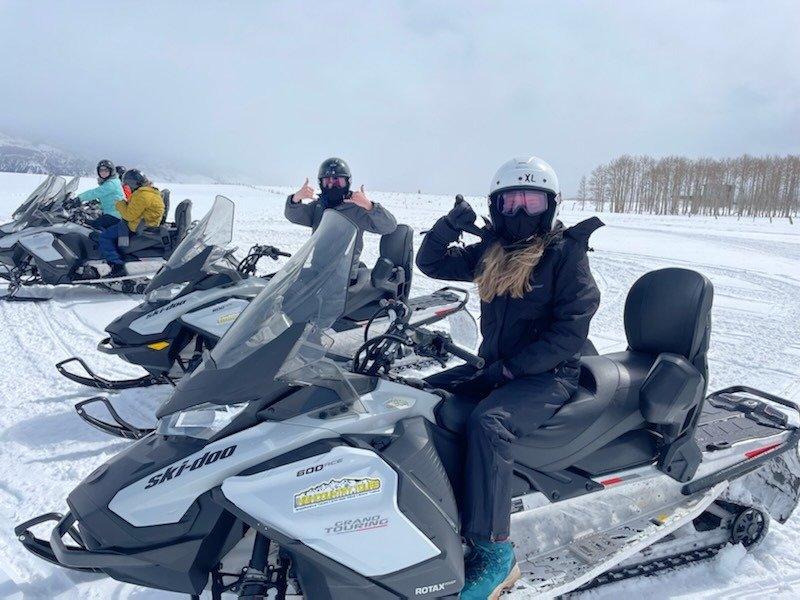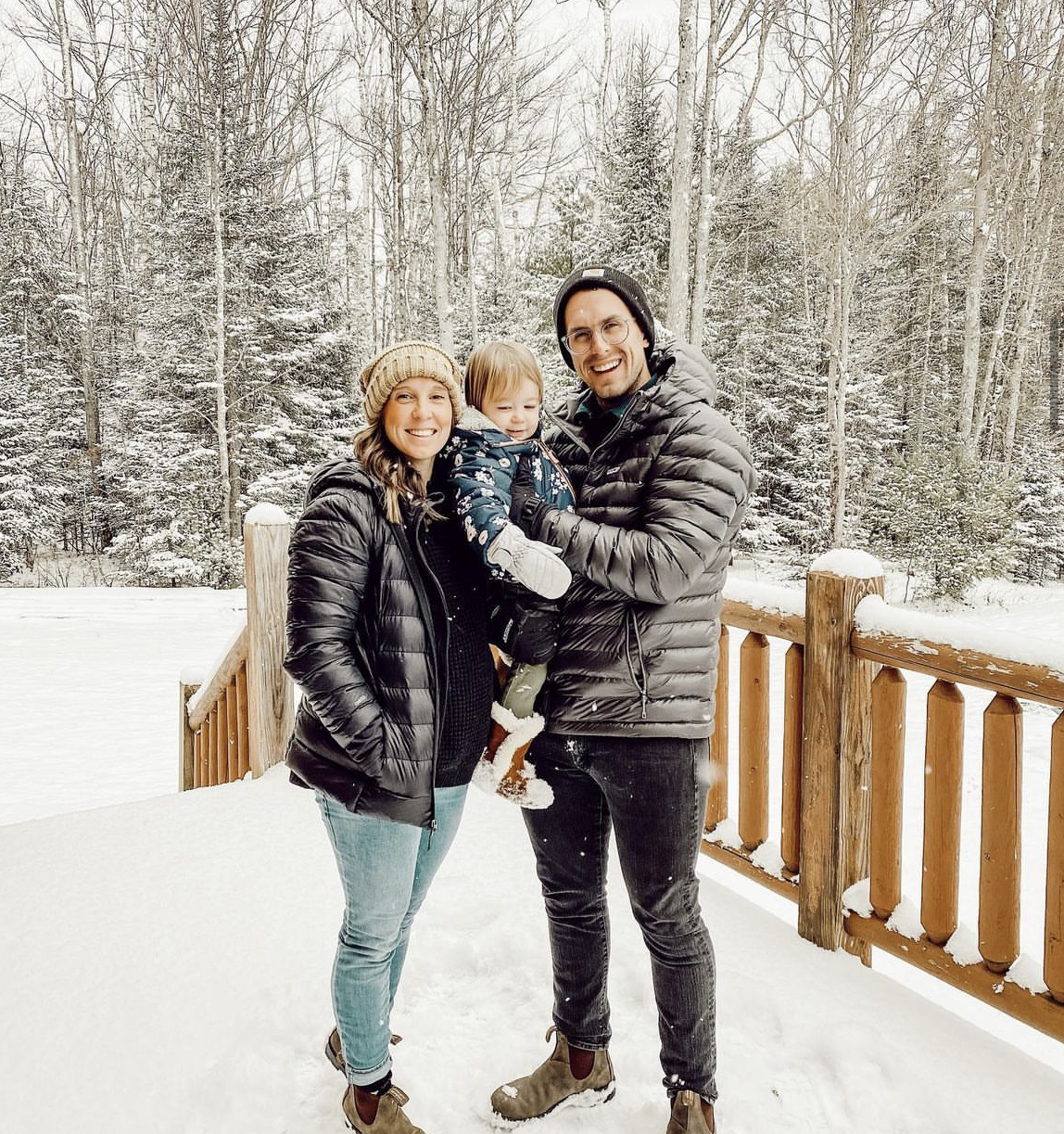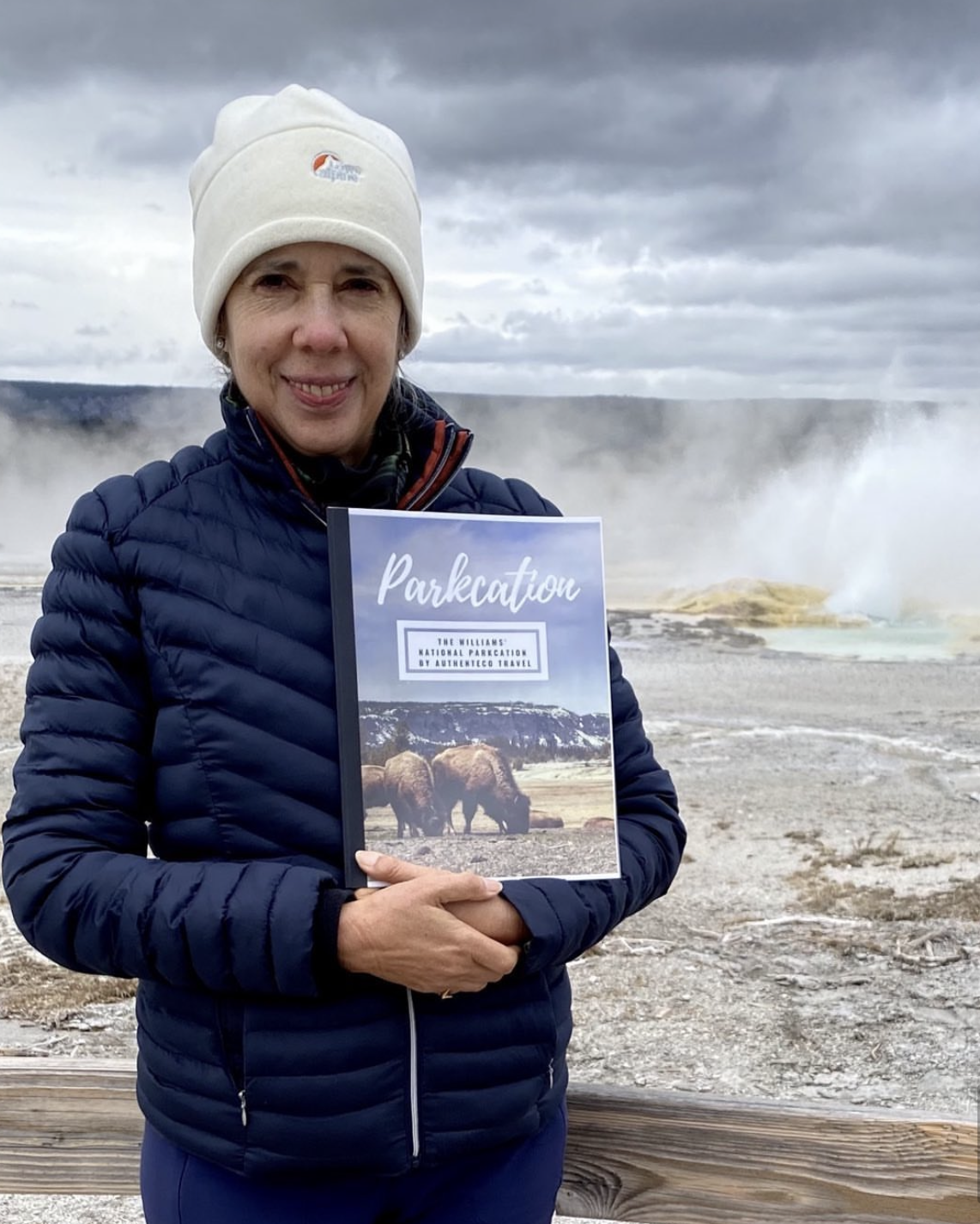How To Stay Safe When Traveling Abroad
It’s normal to feel nervous about the prospect of traveling overseas, especially if you’re visiting somewhere completely foreign.
Trust us; we get it!
The truth is, traveling abroad can bring about a world of anxiety and stress for any experienced traveler. You are diving out of your comfort zone, and directly into unknown territory where the landscape is different, the language is often different, and the cultural norms can feel like they’re from another world.
Because traveling to a new destination feels, well . . . new, it’s normal to have anxieties around your safety. You might even find yourself asking questions about how to best protect yourself against unknown threats like being mugged or kidnapped or getting caught overseas during a tsunami.
And trust me. You’re not alone if you think about these things.
Luckily, we are here to be your travel besties before and while you’re abroad.
We know exactly how to travel safely to help your trip run smoothly and without hassle (though some things are unfortunately out of our control because . . . you know . . . the world and stuff).
Read on to find out what we recommend in order to protect yourself while traveling abroad! These are out top ten safety tips!
Our travelers on their first overseas vacation
1. Share Your Travel Plans With Trusted Family or Friends and Stay Connected While Traveling
While traveling abroad with us, we’re going to know your travel itinerary, accommodations, and details of any planned activities, but we also recommend sending this information to a trusted family member or friend back home so the people closest to you have a copy of your whereabouts as well.
On top of this, we also recommend communicating with at least one of your closest friends and family members back home regularly while away. This doesn’t have to be anything crazy – a simple text in the evening to tell your designated family member that you’re alright – but this helps keep someone aware of any abnormal use of your account and also alerts them to any loss of contact.
While we offer a check-in text message morning and night while you are traveling, responding is optional. You can choose to designate us as your go-to communication person if you wish, but please let us know beforehand, so we will know something is up if you stop replying!
Shelby & Aimee in Prague
2. Sign Up For Smart Traveler Enrollment Program (STEP)
One of the number one safety hacks we recommend for all travelers is to sign up for the Smart Traveler Enrollment Program (STEP). This is a free service that allows U.S. citizens and nationals traveling and living abroad to enroll on their trip with the nearest U.S. Embassy or Consulate.
STEP enrollment ensures you will receive important information from the Embassy about safety conditions at your destination country so you can make informed decisions about your travel plans.
The STEP service helps the U.S. Embassy know your whereabouts and how to contact you in an emergency, whether it be a natural disaster, civil unrest, or family emergency. It also helps family and friends get in touch with you if needed.
Signing up is free and won’t take longer than a few minutes! You can do so here.
Our travelers on their Honeymoon in Maui
3. Make an Emergency Plan
Ideally, you’ll never face a medical issue, accident, or robbery while traveling. That’s the dream, right?
However, things, unfortunately, happen.
If this is the case, knowing where to turn is smart.
In your pre-trip information with your itinerary, magazine, packing list, etc. we’ll send you some relevant information about the nearest hospitals, police stations, embassies, and other emergency facilities before you travel. This includes links to resources you may find helpful about COVID-19 situations in your destinations, re-entry into the US, etc.
We try to send you as much information as possible, but it’s essential to get familiar with these and do some of your own research so you know what to do if something unforeseen happens!
Our travelers in Paris
4. Secure Your Valuables
You might find opposing ideas on what to do with your items when you are traveling.
Should I leave my valuables locked up in the hotel safe?
Should I take some of them with me and leave some behind?
Should I carry my passport and money and that expensive watch I brought with me while on my day trips?
Everyone is going to have their own answer to this – and no answer is right or wrong.
So what do you do then?
Well, our recommendation is to assess each situation independently and use your best judgment based on how safe you feel leaving things behind.
Usually, we recommend taking only what you need when you venture out — like your phone, a credit card, some cash, an ID, and a copy of your passport (in some cases, the real thing might be safer, though).
Everything else gets left behind in a safe.
With the items you do carry on your person, keep them concealed in a secure bag you can always see, or use a small bum bag you can hide in/under your layers of clothing. Don’t put bags with these items down or out of your line of sight, and don’t put anything in your pocket (particularly your back pockets – this is just asking for thieves to come picking).
Another thing you might be tempted to do is hang your purse on the back of your chair, on the seat beside you on the train, or set your bags down at your feet. This isn’t a good idea, either, because your attention will be elsewhere. Keep your bags in your lap with the straps wrapped around your arm or at the front of your feet under the table, with the straps wrapped around your leg.
We aim to send you to safe places and don’t run too much of a risk of theft, but sometimes this is out of our control. Even the world’s most popular destinations, like the Eiffel Tower in Paris and the streets of Barcelona in Spain, and Angkor Wat in Cambodia, are full of thieves who prey on the distracted good nature of tourists.
Protect yourself and protect your hard earned money and valuables by keeping your items close.
Our travelers in Santorini
5. Make a Copy of Your Passport
Another thing you can do before you depart for your adventure is to create copies of your passport in case of an emergency.
As a general rule, have a spare copy of your passport in another bag/a safe to your original while traveling. We also recommend keeping a digital file handy on your phone or in your emails so you can access it any time. Additionally, it’s a good idea to share a copy with your close family or friends so that someone can forward it to you in case of an emergency. This can be either a digital copy or a hard copy.
It is also a great idea to create an electronic backup of your immunization record, medical insurance card, travel insurance, and visas before you leave. Email the file to yourself and keep it in your inbox so you can access the information from your smartphone should the paperwork be lost or damaged.
Don’t just rely on digital copies, though. While we are all for saving paper and not printing excessive documentation, if you don’t have a sim card while traveling, you may not be able to access digital copies in some places.
Our travelers in Colorado
6. Travel Insurance
You probably already know this by now, all Authenteco travelers are required to have a travel insurance policy. To learn more about this, we wrote a post all about travel insurance!
Having an insurance policy protects yourself, and the investment you’ve made in your trip, from unforeseen events that require you to cancel your trip or interrupt it.
As a general rule, we require everyone to be covered for a ‘Cancel anytime‘ or commonly known as ‘cancel for any reason policy’ (a CFAR policy).
Cancel for any reason is an upgrade that allows you to - wait for it - cancel your trip for any reason.
This is great in today’s unpredictable world!
Most policies also help protect you from unexpected medical and evacuation expenses, as well as losses caused by baggage delays, theft, and more.
We aim for every vacation to be the perfect getaway, but unfortunately, some things are out of our control. Taking a few small steps to protect yourself and your belongings should avoid any issues when traveling.
And remember, it is better to have travel insurance and not need it than not have it.
Our travelers on their vacation to Colorado
7. Be Wary of Public Wi-Fi
Wi-fi is one of the tricky things about traveling. If you don’t have a sim card (which we highly recommend on all international vacations), it can be easy to connect to the first wi-fi network you come across each day in the desire to stay connected.
Don’t let the convenience of Internet access cloud your judgment.
When you use public Wi-Fi, you may come across hackers looking to steal valuable information can access your data, including credit card or Social Security numbers.
If you need wireless Internet service, set up a virtual private network (VPN) that will allow you to access the Internet securely while traveling.
Our solo traveler in Alaska
9. Health and the Appropriate Vaccines
When traveling, it is important to ensure your health is at the forefront of your mind – before and after you go.
Many worldwide travel destinations require vaccinations before your arrival; some even require several rounds of vaccines (meaning they can’t be left until the last minute).
We always recommend having a quick check-in with your doctor before you travel to discuss any health concerns you may have about the destination, including what precautions you can take to prepare yourself.
Some things you might also want to consider:
What is the water situation at your destination? Can you drink it?
Do you need to pack any protective gear, e.g., mosquito spray, fly nets, etc?
What do you need to add to your travel medical kit? e.g., Bandaids, antiseptic cream, tweezers, ear drops, etc.
Updating and renewing prescriptions to ensure you have enough to cover the duration of your vacation
Precautionary antibiotics or vitamins to prevent sickness (speak to your Doctor about these)
While traveling, it is also essential that you consider the basics of self-care. Ensuring you drink enough water, eat a balanced diet, and practice proper hygiene guidelines is necessary to keep yourself thriving while traveling.
Our Travelers on their honeymoon in Colorado
10. Always Be Aware of your Surroundings
This might seem obvious, but when traveling, it can be easy to get wrapped up in the destinations around you.
Don’t let your guard down . . . ever.
Keep an eye on your personal belongings at all times, and use good judgment when talking to strangers.
A big part of the joy of traveling is the opportunities it affords to meet new people and learn about their cultures, but if someone near you is acting suspiciously, or if you feel uncomfortable, leave the area immediately.
And remember, even if you think that social media picture will get you thousands of likes, paying attention to your belongings and not handing your phone to strangers can save you a hell of a lot of stress!
Our repeat travelers in New Hampshire for Christmas
BONUS TIPS
Many of the following tips apply wherever you venture out — even in your hometown.
When out and about, always keep your drinks in your line of sight with your hand over them to avoid spiking (particularly if you are traveling solo)
Pay attention to those around you when you are walking, hiking, or driving, and don’t do so with headphones in
Learn common travel scams in the destinations you’re visiting
If you feel uncomfortable, walk into a public place like a restaurant and ask them to call the police
Safeguard your accommodation room – even if your room has strong security measures in place, there are steps you can take to make your room safer. Lock and deadbolt the door and keep your windows shut. You can buy a jammer, which is a portable device that slips under the door for another layer of protection.
Don’t Share Too Much With Strangers – When feeling vulnerable in a strange place, little white lies won’t hurt.
Be Aware Of Your Clothing – When it comes to travel, the wrong clothes scream “TOURIST” and make you a target for scammers, thieves and worse. The less obviously a visitor you look, the less attention you’ll get from the wrong kind of people. Wearing the right clothes is a sign of respect and in conservative countries, it’s just safer to dress more conservatively to avoid unwanted attention and potential run-ins with the law.
Final words on safety . . .
If you want to travel, you cannot avoid risk. There is no way to be 100% safe from any threat in any part of life, and not just travel. Risk is an integral part of adventuring out of your comfort zone to new destinations around the world.
This means when you hit the road, there is a chance that you could get scammed or find yourself in unexpectedly challenging circumstances – regardless of how prepared you are and how perfect your itinerary is.
Facing challenges while traveling happens to all of us, and sometimes they make the best stories.
Risk is unavoidable but can be managed so that you can stay safer.
By using this list and any others over on our Pinterest board you’ll be taking a step toward a safer vacation!
And remember, when taking a vacation with us, you have a travel expert in your back pocket at all times. If you ever have any questions or concerns, feel free to reach out to us.











